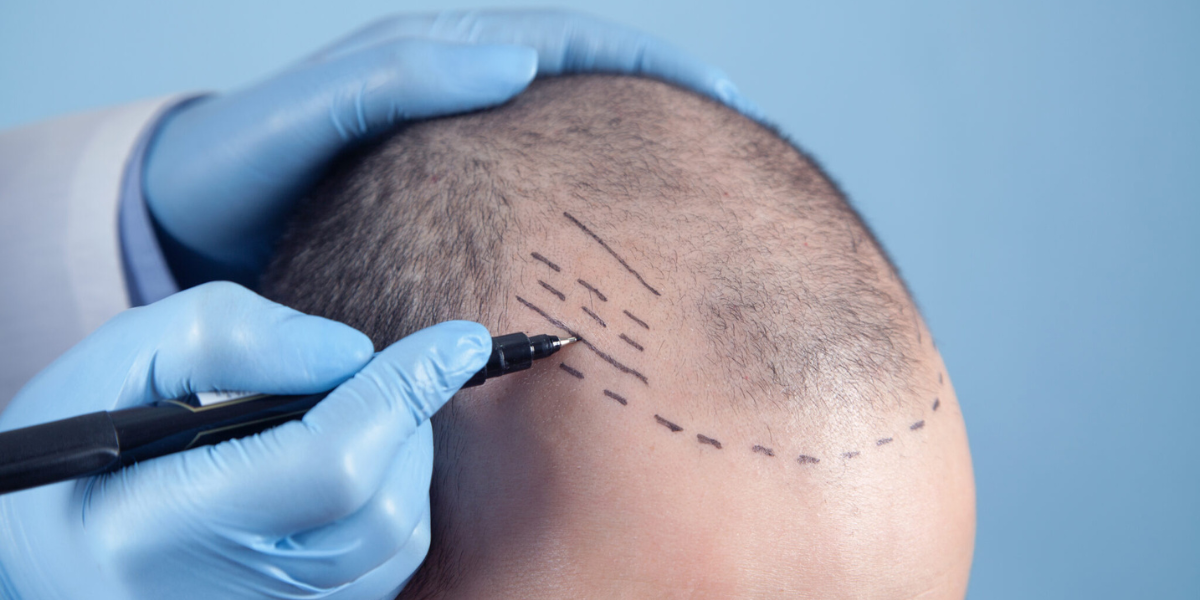Hair transplant surgery has become a popular option for individuals looking to restore their hairline and regain confidence. However, for those with ethnic hair, there are unique considerations and challenges that need to be addressed. Understanding these factors is crucial for achieving successful outcomes. In this article, we will explore the specific considerations and challenges of hair transplants for ethnic hair and how these can be overcome.
Understanding Ethnic Hair
Ethnic hair, also known as textured hair, is characterized by its unique curl pattern and structure. Unlike straight hair, ethnic hair tends to be more fragile and prone to damage. It also has a different growth cycle, which can impact the success of a hair transplant procedure.
Challenges of Hair Transplants for Ethnic Hair
Hair Texture and Curl Pattern
One of the primary challenges of hair transplants for ethnic hair is the texture and curl pattern. The curvature of the hair follicles makes it more challenging to extract and implant them without causing damage.
Scar Formation
Ethnic skin is more prone to keloid and hypertrophic scarring, which can occur at the donor site. This can affect the overall aesthetic outcome of the hair transplant procedure.
Donor Area Considerations
Ethnic individuals may have limited donor areas due to the density and distribution of their hair. This can make it challenging to harvest enough hair follicles for the transplant.
Unique Considerations for Ethnic Hair Transplants
Hairline Design
Hairline design is crucial for ethnic hair transplants to ensure a natural-looking result. The surgeon must consider the patient’s facial features and hairline pattern to create a harmonious appearance.
Hair Density
Ethnic hair tends to have a lower hair density compared to other hair types. This means that more grafts may be required to achieve the desired thickness and fullness.
Graft Selection
The selection of hair grafts is critical for ethnic hair transplants. Single-hair follicular units are often preferred to create a more natural-looking result.
Techniques for Ethnic Hair Transplants
Follicular Unit Extraction (FUE)
FUE is a minimally invasive hair transplant technique that involves extracting individual hair follicles from the donor area and implanting them into the recipient area. This technique is suitable for ethnic hair due to its precision and minimal scarring.
Follicular Unit Transplantation (FUT)
FUT, also known as strip harvesting, involves removing a strip of tissue from the donor area and dissecting it into individual follicular units. This technique is suitable for ethnic hair but may leave a linear scar.
Preparation and Recovery
Pre-operative Care
Before the hair transplant procedure, patients should follow their surgeon’s instructions for pre-operative care, which may include avoiding certain medications and alcohol.
Post-operative Care
After the hair transplant procedure, patients should follow their surgeon’s instructions for post-operative care, which may include taking prescribed medications and avoiding strenuous activities.
Choosing a Qualified Surgeon
Selecting a qualified and experienced surgeon is critical to attaining the greatest results. Before making a decision, patients ought to look into the surgeon’s credentials, expertise, and patient evaluations.
Summary
In conclusion, hair transplants for ethnic hair present unique considerations and challenges that require specialized knowledge and expertise. Understanding the distinct characteristics of ethnic hair, such as texture and curl pattern, is crucial for achieving successful outcomes. By choosing a qualified surgeon and following proper pre-operative and post-operative care, individuals can restore their hairline and regain confidence.
For those interested in pursuing a career in hair transplantation and mastering the intricacies of ethnic hair procedures, IICAD Academy Bangalore offers comprehensive training programs. With a focus on hands-on experience and the latest techniques, IICAD Academy equips students with the skills and knowledge needed to excel in the field of cosmetic dermatology and hair restoration.

